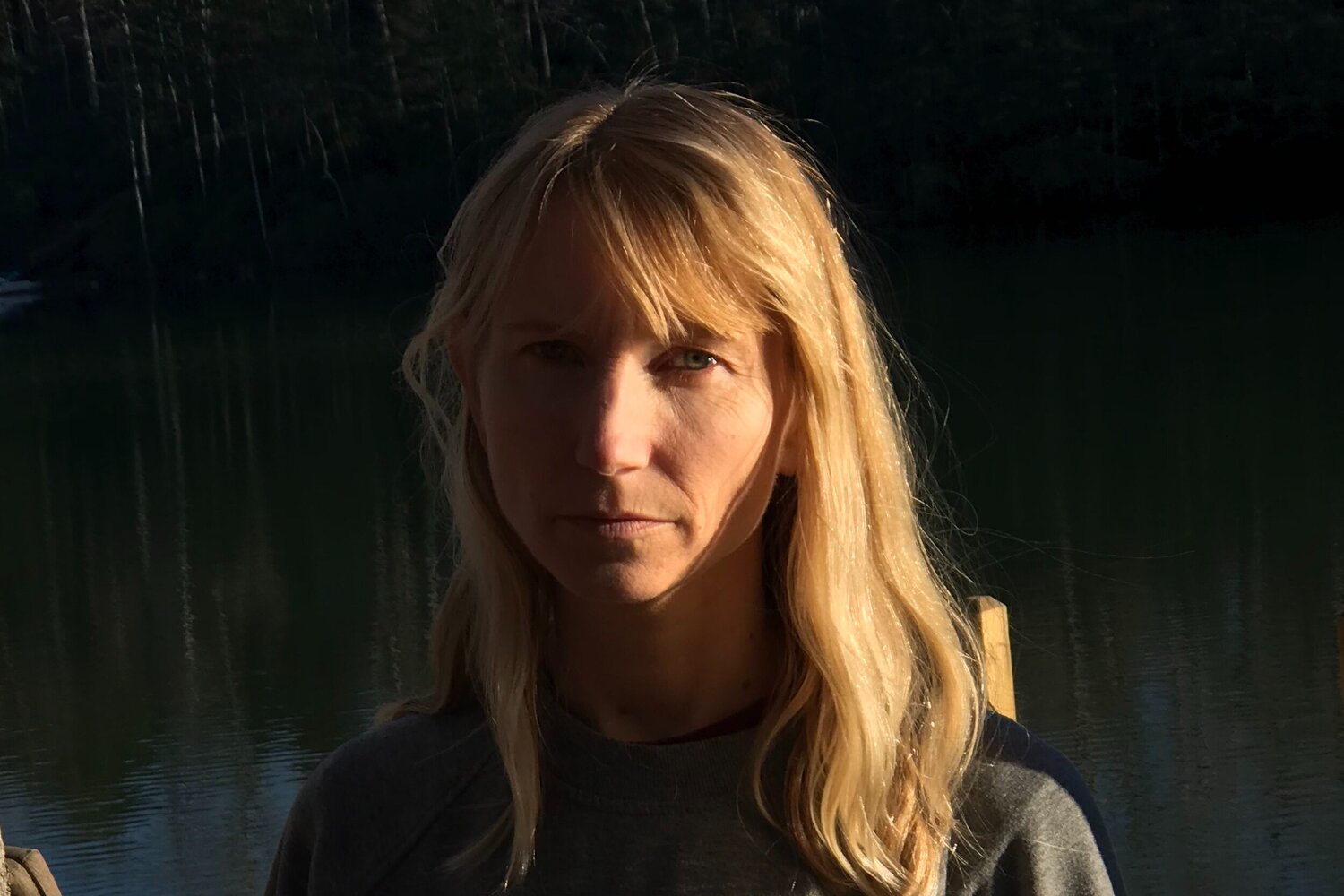
Hardcover, 240 pgs.
I am an Amazon Affiliate
My Sister, the Serial Killer by Oyinkan Braithwaite was the July selection for my book club at work, and it was a wild ride. Korede is the older sister and she’s a nurse. Ayoola is the youngest sister who says she earns money on YouTube and has a hard time keeping her boyfriends alive. Set in Lagos, Nigeria, this dark thriller plunges readers headlong into criminal activity.
#FemiDurandIsMissing has gone viral. One post in particular is drawing a lot of attention — Ayoola’s. She has posted a picture of them together, announcing herself as the last person to have seen him alive, with a message begging anyone, anyone, to come forward if they know anything that can be of help.
She was in my bedroom when she posted this,…
Since their father’s death, Korede has become Ayoola’s protector. This is her weakness and it ultimately entangles her in her sister’s murderous actions. What unravels here is not the loyalty and bond between the sisters, but the moral constraints that should hold them to societal expectations. Braithwaite’s plot-focused novel reveals each layer of these sister’s personalities and their relationship chapter-by-chapter until you feel as though you don’t know what is true and what is fiction, much like the lives posted on social media.
Korede and Ayoola’s relationship is tested not during the cleanup of murders, but when the doctor Korede has been crushing on meets her beautiful, angelic sister and he asks for her sister’s phone number. Yes, this sounds a bit like a young adult novel, but it is more about how one sister’s protection of her sister becomes the thing that crushes her imagined romance. How can she tell him to stay away from her sister without divulging the truth? It is this absurdity that leaves readers perplexed at this surreal world.
My Sister, the Serial Killer by Oyinkan Braithwaite is deceiving in its matter-of-fact tone and simple plot-focused cadence because so many nuances of character are revealed throughout the novel. Definitely a good novel to take to the beach or on vacation.
***It’s very strange that I’ve read 2 books this summer involving serial killer themes.***
RATING: Cinquain
About the Author:
Oyinkan Braithwaite is a graduate of Kingston University in Creative Writing and Law. Following her degree, she worked as an assistant editor at Kachifo Limited, a Nigerian publishing house, and as a production manager at Ajapaworld, a children’s educational and entertainment company. She now works as a freelance writer and editor. In 2014, she was shortlisted as a top-ten spoken-word artist in the Eko Poetry Slam, and in 2016 she was a finalist for the Commonwealth Short Story Prize. She lives in Lagos, Nigeria.

 About the Poet:
About the Poet:









 About the Poet:
About the Poet:






